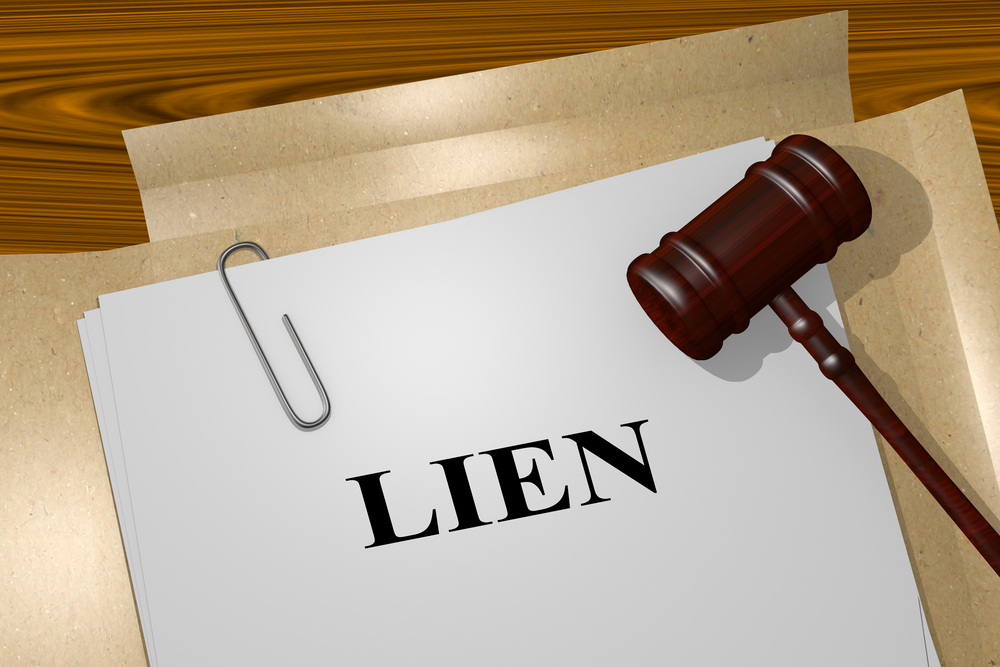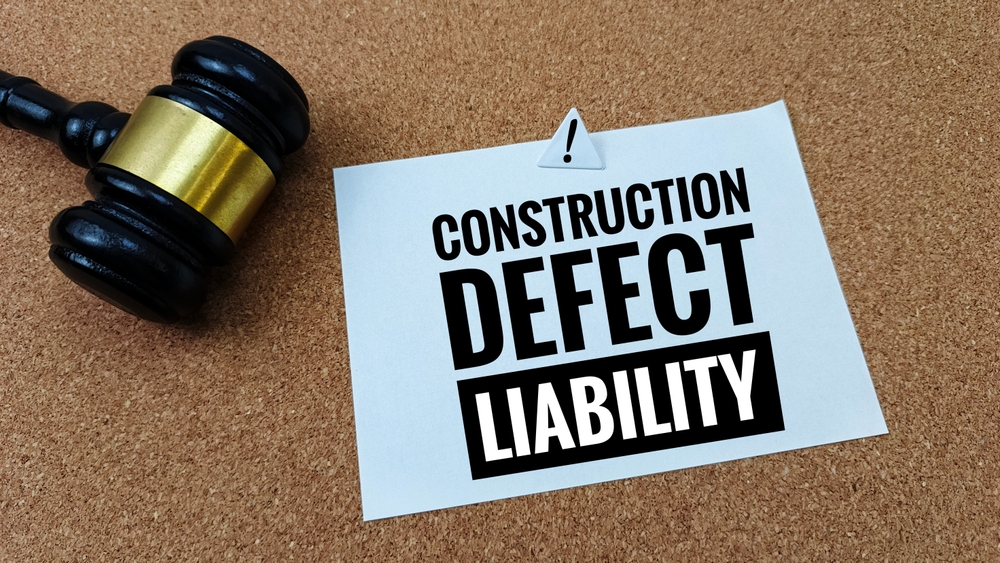

Getting paid for your hard work is essential to running a successful contracting business. When a client fails to pay, it can put a major strain on your finances and operations. Fortunately, North Carolina law provides a powerful tool to help you secure payment: the mechanic’s lien.
Filing a lien can seem complicated, but understanding the process is key to protecting your rights. This guide breaks down the steps in plain English, whether you have a direct contract with the property owner or you’re a subcontractor or supplier. We’ll cover everything from lien agents to deadlines, so you can feel confident in your ability to get paid.
Before we dive into the different types of liens, you need to know about a key player in many North Carolina construction projects: the lien agent.
A lien agent is a designated title insurance company or agency that receives notifications from contractors and suppliers on a project. Their purpose is to create a clear record of everyone who has a potential right to file a lien on the property.
Lien agents are required for most construction projects where the total cost is more than $30,000. There are some exceptions, like improvements to an existing single-family home where you’re working directly for the homeowner.
CRITICAL: To protect your lien rights on a project that has a lien agent, you must send a “Notice to Lien Agent” within 15 days of the first day you provide labor or materials. If you fail to send this notice on time, you could lose your right to file a lien on the property later. Our mechanic’s liens attorneys can help ensure your lien agent notices are properly prepared and delivered on time to protect your rights.
If you are a prime or general contractor who made an agreement directly with the property owner, you have a direct path to filing a lien against their property. This is known as a “Claim of Lien on Real Property.”
The clock starts ticking from the last day you are on the job. You must follow these deadlines precisely to ensure your lien is valid.
Failing to file the lawsuit within this 180-day window will cause your lien to expire, and you will lose your security interest in the property.
Going to court can be expensive, but North Carolina law offers some relief. If you have to file a lawsuit to enforce your lien and you win, the law allows you to claim your reasonable attorney’s fees as part of the judgment. This provision helps make it financially viable for contractors to pursue the money they are rightfully owed.
If you are a subcontractor, sub-subcontractor, or material supplier, you did not contract directly with the property owner. Because of this, the process for securing payment is different. You have two primary tools at your disposal: a lien on funds and a lien on the property itself.
A lien on funds is often your first and most effective line of defense. It allows you to intercept payments flowing from the property owner down to the general contractor.
The process starts by sending a “Notice of Claim of Lien Upon Funds” to the property owner and any relevant contractors higher up the payment chain (like the general contractor). This notice informs them that you are owed money for your work on the project.
Once the owner receives this notice, they are legally obligated to withhold funds from the payments they owe to the general contractor, up to the amount of your claim. This creates a powerful incentive for the general contractor to resolve the debt with you quickly so they can get paid.
If payment issues continue despite these efforts, our construction debt collection services can help you pursue all available recovery options.
As a subcontractor or supplier, you can also place a lien on the actual property, but your rights are connected to the rights of the general contractor. This is called a lien by “subrogation,” which means you step into the shoes of the general contractor.
Your lien on the property is only valid to the extent that the general contractor also has a valid lien claim against the owner. For example, if the owner has already paid the general contractor in full, your ability to place a lien on the property may be eliminated.
To exercise this right, you must follow specific notice requirements and serve all parties involved, including the property owner, general contractor, and any other relevant parties. This process can be more complex than a direct contractor’s lien, which is why starting with a lien on funds is often the recommended first step.
Navigating North Carolina’s lien laws requires attention to detail and strict adherence to deadlines. Whether you’re dealing with lien agents, filing a direct claim, or securing a lien on funds, understanding your rights is the first step toward protecting your business.
North Carolina’s lien statutes are codified in Chapter 44A of the North Carolina General Statutes, which provides the full legal framework for mechanic’s liens in the state. While this guide covers the essential steps, consulting the actual statutes can provide additional clarity on specific situations.
Remember to document everything, from your first day on the job to every notice you send. When in doubt, consulting with a construction attorney can provide clarity and ensure you are taking the right steps to get paid for your valuable work.
To find out more or talk about your specific case, please call The Cromeens Law Firm at 713-715-7334.
Karalynn Cromeens is the Owner and Managing Partner of The Cromeens Law Firm, PLLC, with over 17 years of experience in construction, real estate, and business law. A published author and passionate advocate for contractors, she has dedicated her career to protecting the businesses her clients have built. Karalynn is on a mission to educate subcontractors on their legal rights, which inspired her books Quit Getting Screwed and Quit Getting Stiffed, as well as her podcast and The Subcontractor Institute.

